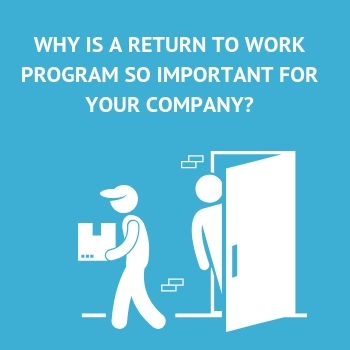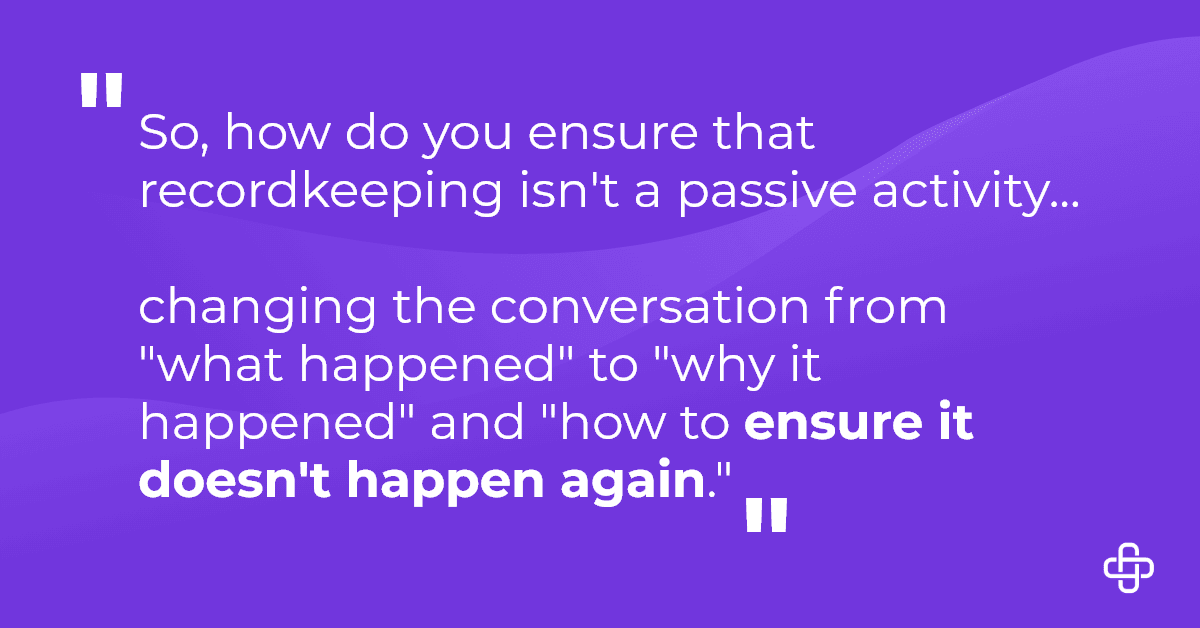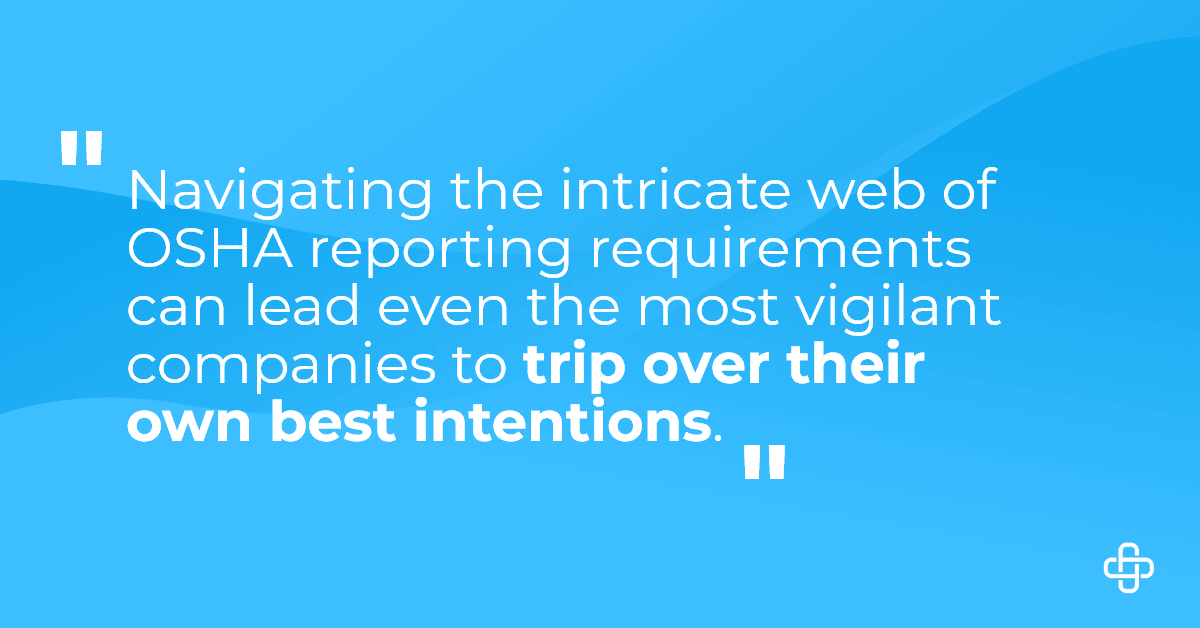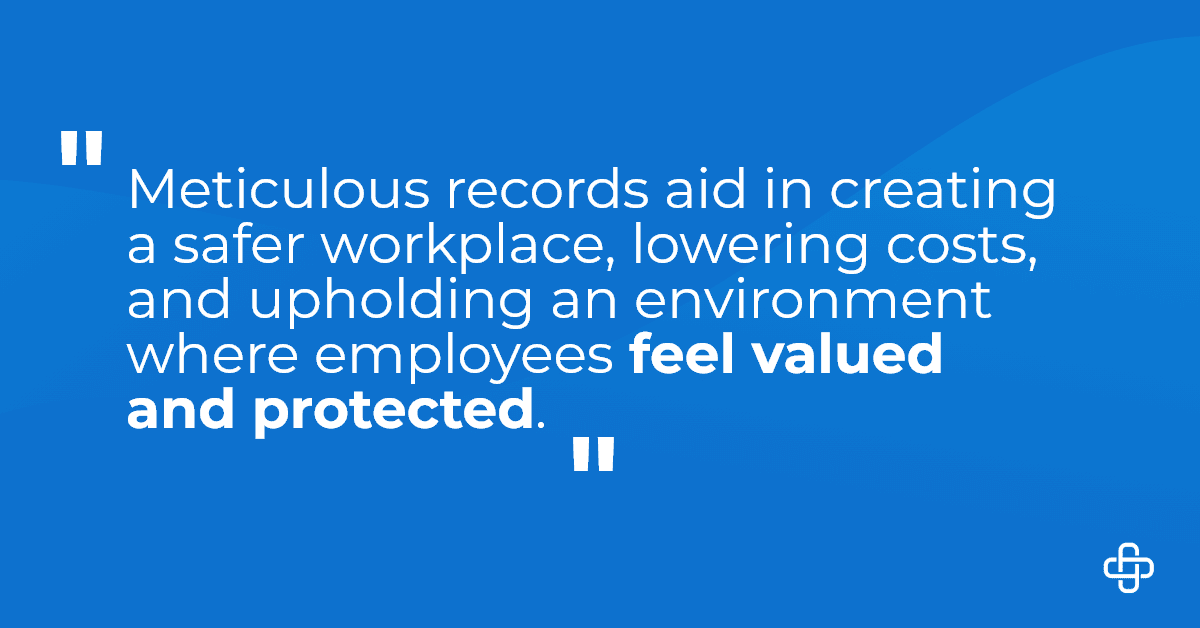 When it comes to getting your employees back to their job after they’ve sustained an injury or illness, faster isn’t always better.
When it comes to getting your employees back to their job after they’ve sustained an injury or illness, faster isn’t always better.
In fact, an employee who recently came back to work but isn’t fit to work safely, can cost an employer hundreds of thousands of dollars in workers comp and healthcare costs.
As healthcare costs continue to rise, it will become more important than ever before for employers to control and manage costs associated with workplace injury.
Learn how to implement an employee program after your workers have sustained an injury or illness in order to keep your employees safety up and your claims down.
What is a Return to Work Program?
As an employer, you already know what a Return to Work program is (otherwise known as RTW), but do you know what it does – and how it can impact your bottom line?
A RTW offers a simple process for an often complicated employee health issue.
It allows injured or ill workers to return to work in a limited, light duty or temporary duty role until they have recovered and are clear to be fit for duty.
Most of all, it answers an employer’s most important question: “How do I control the costs associated with workplace injuries and get my employees back to work faster?”
The answer is in the support you offer.
What Benefits Can a Return to Work Program Offer My Company?
Managing an employee’s RTW isn’t just beneficial for the employer – it offers everyone an advantage, from a monetary and safety standpoint!
On a company wide level, it allows the employer to:
- Save money, so they can reduce workers compensation costs.
- Reduce turnover, eliminating the high costs of hiring and training new employees.
- Manage productivity. The more time they are away from work, the less likely they are to have a sense of urgency about returning to work. For the employer, this results in a significant disruption in the workplace, causing a decrease in production and morale.
It allows management to achieve:
- A streamlined workforce;
- Less resources being used to train a high turnover of new employees;
- Improved communication between the injured employee and manager.
Employees reap the multiple benefits of a RTW program, which include feeling valued and cared for by their employer.
Other benefits include:
- Getting back to work faster. A RTW program minimizes their disruption in their paycheck, as opposed to receiving 2/3’s of their paycheck if they are not at work.
- Maintaining productivity. Even if they’re working in a limited capacity, a managed RTW can safely manage their duties to minimize additional injury on the job.
- Making employees feel validated. Staying home longer than they really need to causes feelings of isolation. A RTW program can allow employees continue to feel like they’re an integral part of the work community. Additionally, it may increase employee morale to be at work and the risk of depression.
Axiom Offers a Streamlined Solution
When you implement a RTW program, everyone wins.
However, there’s a lot of moving parts to manage.
Axiom offers around the clock care to ensure employees come back to work in a safe and expedited manner, including medication reviews, employee testing and 24/7 Nurse Case Managers.
Contact us today and learn how about our RTW program. It’s never been easier to provide occupational health to your employees.

Holly is an ER nurse by trade, but loves content marketing. She was born outside the box and believes everything is better with “sprinkles and sparkles”. She is passionate about impacting lives and uses marketing as her platform for sharing practical solutions to address real life occupational health challenges.
Find out more about our Injury Case Management services or our Occupational Health Programs.












